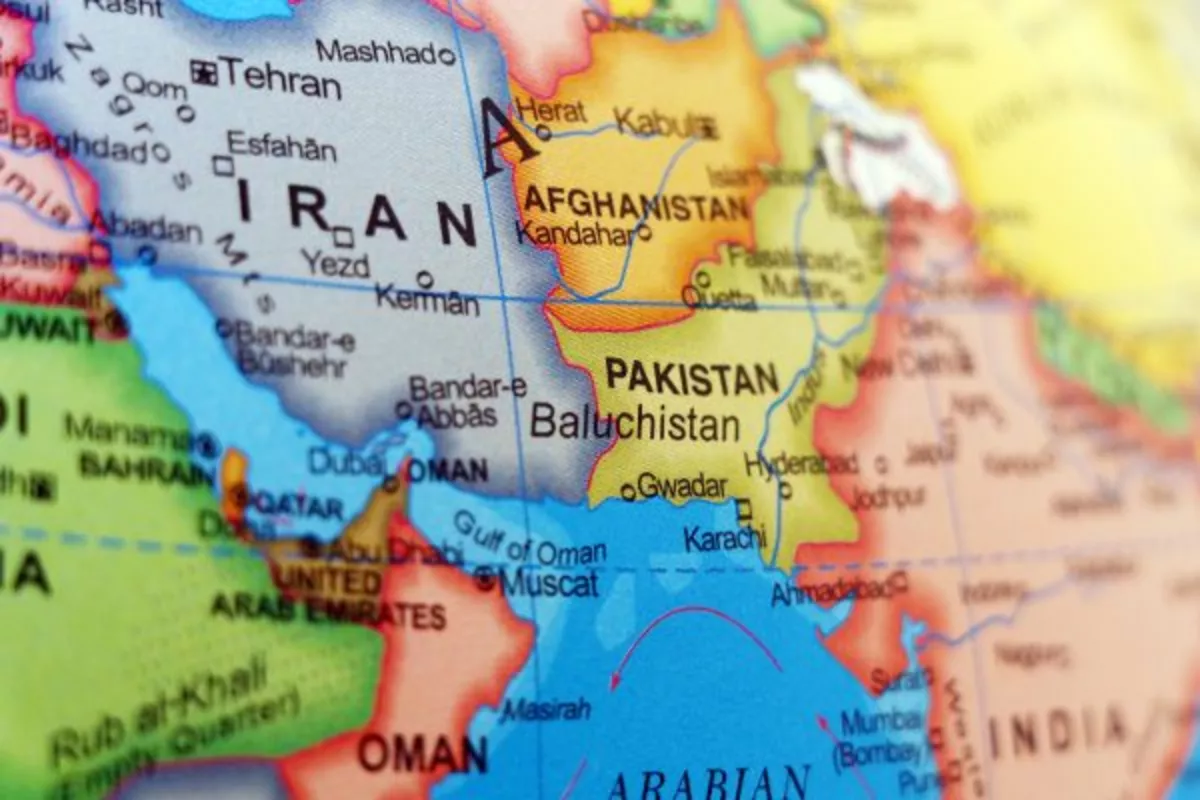
Photo credit: Dreamstime.com
A delegation led by the governor of Iran's Khorasan Razavi province met with officials from Herat and representatives of the private sector to discuss expanding trade, addressing trade route challenges between the two countries, encouraging Iranian investment in Herat's agriculture sector, and agreeing to implement 24-hour customs operations at the Islam Qala-Dogharoon border crossing.
Both sides also agreed to increase Afghanistan’s exports, establish a joint border market, improve facilities for Afghan transit goods through Iranian ports, and enhance the skills of professional labor forces, The Caspian Post reports citing foreign media.
The Governor of Herat, Noor Ahmad Islamjar, said: "On behalf of Afghanistan, I guarantee the commitments made. Our customs will operate 24 hours a day, and we are ready to handle up to 2,000 vehicles at the border on both sides, with all necessary facilities in place."
The Governor of Khorasan Razavi, Gholam Hassan Mozaffari, said: "We are committed to creating a favorable environment for trade and investment between the two countries. The Dogharoon Free Zone is a great opportunity to strengthen ties. Our proposal was to also establish a free zone on the Afghan side, which would be a valuable step forward if supported with the necessary infrastructure."
Herat’s private sector representatives say trade with Iran has recently increased. Since the closure of Pakistan’s trade routes, Iran has become a key path for Afghan exports and imports.
Mohammad Younis Qazizadah, head of the Herat Chamber of Commerce and Investment, said: "The route through the Islamic Republic of Iran is short, reliable, and low-cost. We hope this convenient path will provide better access to both Europe and warm waters, and help streamline our trade."
According to the new agreement, Iran will invest in Herat’s agricultural sector and purchase agricultural products from the province.
Mohammad Sadat, head of the Iran-Afghanistan Joint Chamber of Commerce, said: "We will export agricultural products that Iran needs, such as sugar beets, cotton, meat, oilseeds, and animal feed. These products will be produced in Afghanistan through contract farming, joint investment, and the transfer of knowledge, machinery, and agricultural inputs, and then exported to Iran."
Afghanistan and Iran have had cooperation agreements for years in sectors such as transport, industry, trade, agriculture, mining, customs, education, and tourism.
Joint committees have been established in various sectors, and in recent years, bilateral trade between the two countries has reached $3 billion.
Share on social media